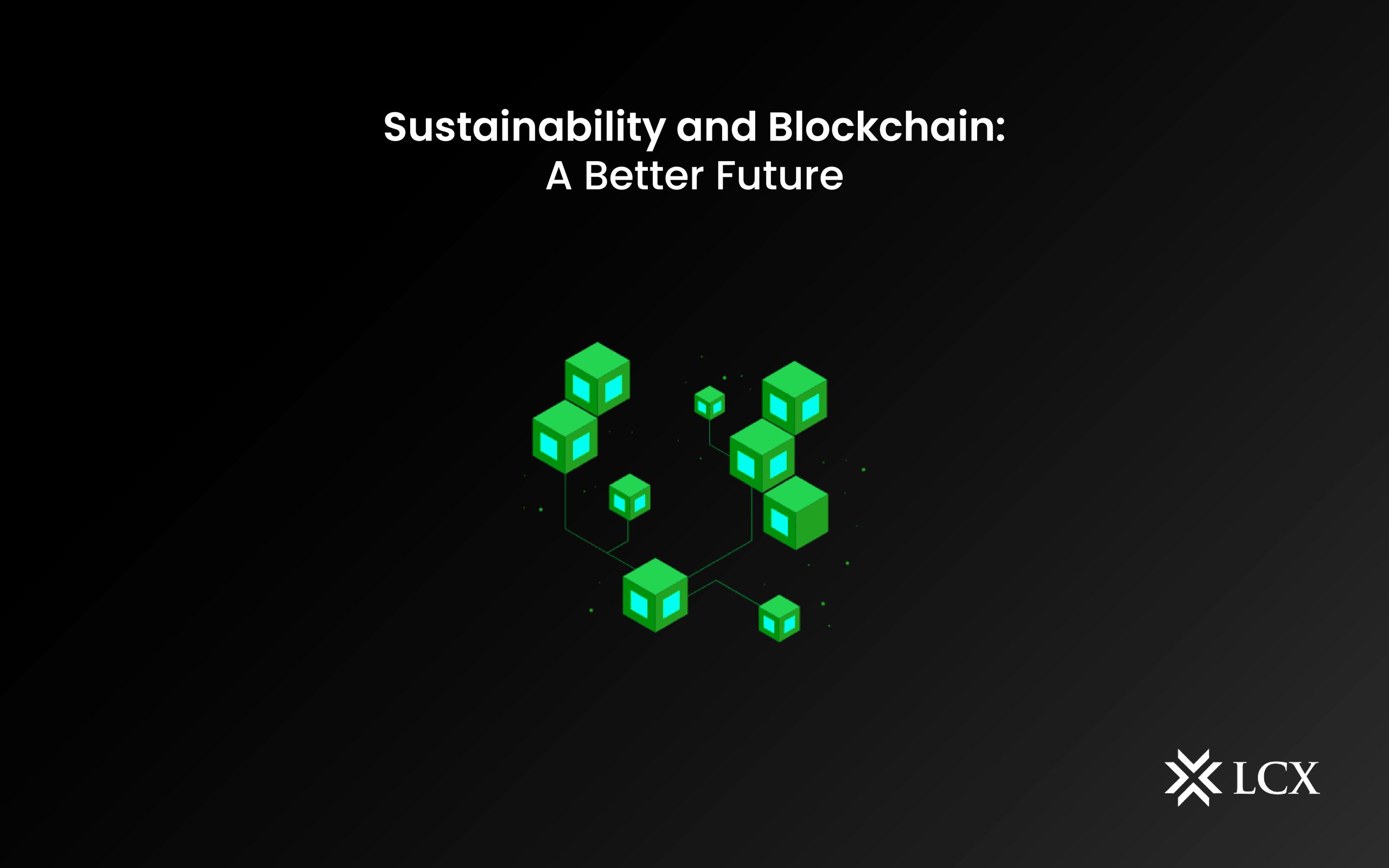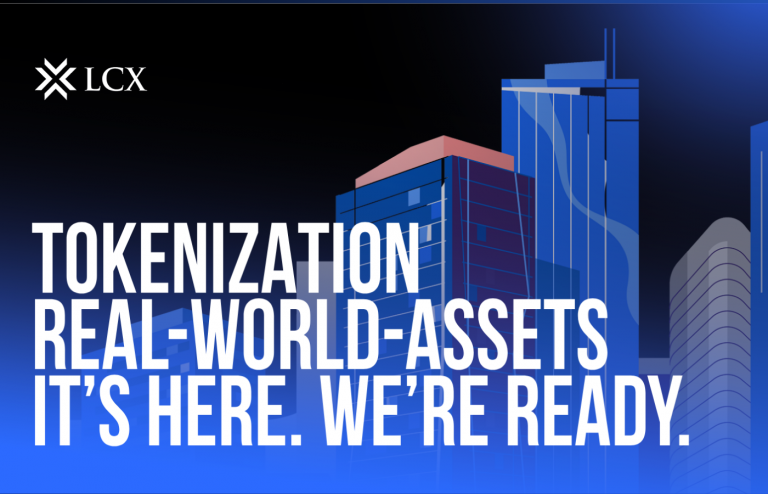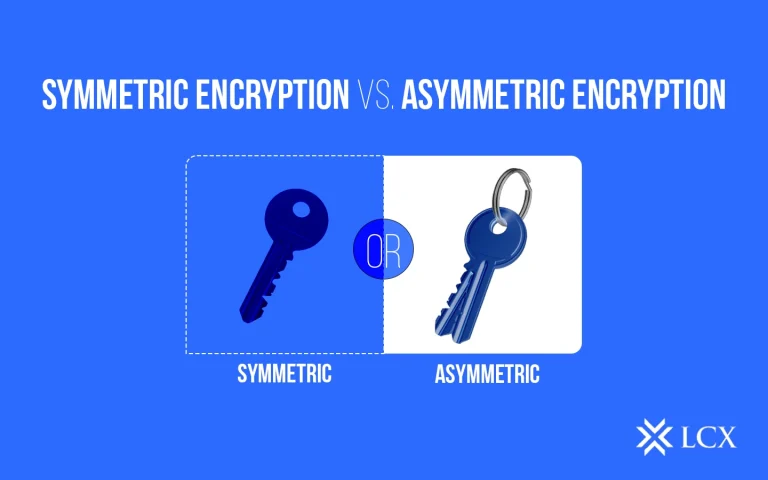The need for environmental sustainability in the corporate world has never been more pressing. Our planet is undergoing significant changes, and there is a growing demand for accountability from all industries. While the blockchain sector is often criticized for its impact on the environment, it has the potential to play a crucial role in creating a sustainable future.
Sustainable blockchain technology offers enormous benefits for the environment and cannot be ignored. Though there are still challenges to overcome, progress is being made to address them. For instance, one of the largest players in the industry has been able to significantly reduce its energy consumption and emissions by more than 99% within just a decade of its inception.
Sustainability in 2022: A Vital Concern
In recent years, the concept of sustainable business practices has gained widespread attention. Many companies have pledged to launch initiatives aimed at improving their environmental impact. While some of these efforts are genuine, others lack transparency and are shrouded in vague metrics and goals. This lack of clear standards and oversight has led to instances of “greenwashing,” where companies manipulate the truth about their sustainability efforts to improve their image. Such practices harm both the environment and public trust.
Blockchains and Sustainability
Blockchain technology has often been criticized for its impact on the environment, particularly when it comes to proof-of-work (PoW) chains like Bitcoin. However, proof-of-stake (PoS) chains are much more energy-efficient. For instance, the Ethereum network recently transitioned to PoS, resulting in a 99.9% reduction in energy consumption.
Additionally, the Ethereum Climate Platform (ECP) has been established to tackle the environmental impact of Ethereum’s previous carbon consumption. The ECP is a collaboration of leading industry players, including Ethereum Enterprise Alliance, ConsenSys, Microsoft, Aave, and Polygon, and was launched at the U.N. Climate Change Global Innovation Hub during COP27.
Using Blockchain for Sustainability
Blockchain technology offers new opportunities to enhance sustainability efforts by improving tracking and verifying emissions. Its immutability, accountability, and transparency make it possible to track carbon balances and other environmental metrics, holding companies accountable for their sustainability claims.
By utilizing smart contracts, companies can automate the tracking of carbon emissions throughout their operations. The information can be reported to monitoring services and made public, with the cryptographic nature of the data ensuring it cannot be falsified or manipulated.
Moreover, the same cryptography can also protect a company’s privacy when reporting on emissions. Through zero-knowledge (ZK) technology, unfalsifiable proofs can be generated to confirm the information without revealing it. This allows a company to provide evidence of meeting energy usage or carbon emission standards without disclosing the underlying data.
Another way blockchain can contribute to sustainability is through the tokenization and digital distribution of environmental assets. A prime example is the growth of the carbon credit market, which has attracted the attention of leading organizations, including accreditation registries such as Verra and Gold Standard and international organizations like the World Economic Forum.
The United Nations is actively supporting the application of blockchain in climate action and initiatives driven by the Web3 community. The UN recognizes the role of blockchain technology in tackling the pressing environmental challenges facing the world.
Advancements in Sustainability Solutions
The potential for blockchain to contribute to environmental sustainability extends far beyond just energy consumption and carbon credits. In 2023, it is anticipated that a growing number of blockchain systems focused on sustainability, such as tracking water usage and plastic production, will emerge. Governments and regulatory bodies could establish clear standards for acceptable levels of environmental impact across different industries and utilize these blockchain systems for monitoring purposes. This not only benefits the environment, but also simplifies business operations by setting clear expectations for emissions.
A notable feature of blockchain technology and its associated applications, such as DeFi (decentralized finance), is that they have the ability to empower communities that have been severely damaged by industrial activities that have led to environmental degradation. In sectors such as supply chain management, these communities, particularly those in developing nations, can benefit from the openness and accountability given by blockchain-based solutions. This would result in more equitable revenue distribution and improved treatment, bringing us closer to truly fair trade practices in the future.
It’s evident that blockchain technology is still in its early stages and cannot single-handedly solve the issue of climate change. However, it’s crucial for various industries to consider the potential of blockchain. One of the most critical aspects that it can address is the accountability of companies that claim to be environmentally friendly. This is just the tip of the iceberg, and the possibilities are endless. It’s high time the world shifts its focus and gets past the misconception that blockchain contributes to the problem. In reality, it holds the potential to be a part of the solution.










